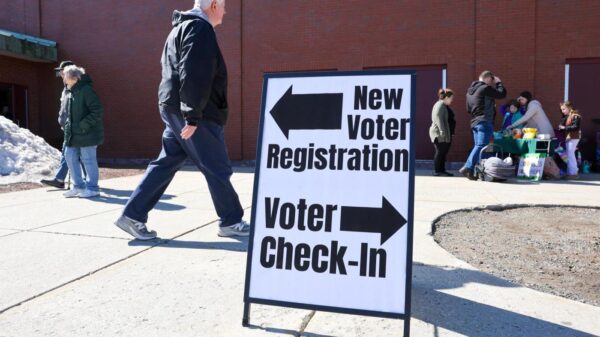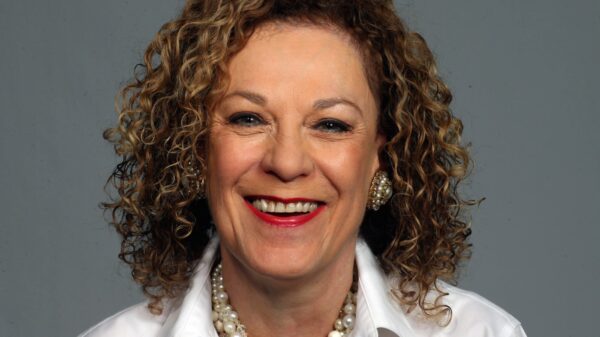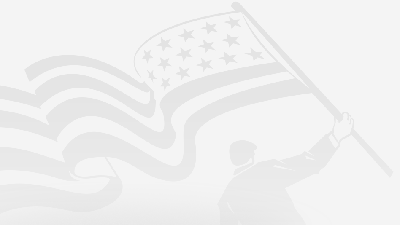North Dakota leaders are raising concerns about the effectiveness of the Affordable Care Act (ACA), which they argue has failed to deliver affordable health care. More than a decade after its implementation, many North Dakotans report higher premiums and reduced choices, contradicting earlier promises made by lawmakers. The current debate in Congress centers around the future of the Enhanced Premium Tax Credits, which are set to expire on January 1, 2026.
The ACA was introduced with the assurance that “if you like your plan, you can keep it,” and that typical families would save up to $2,500 a year. As North Dakota representative Fedorchak highlights, these assertions have not materialized. Instead, families now face rising premiums and a lack of viable options in the health care marketplace.
The Enhanced Premium Tax Credits, introduced during the COVID-19 pandemic, expanded eligibility for many families, including those earning over $125,000 a year. While proponents argue that these temporary credits provide essential support, critics note that they were designed to expire. With an estimated cost of $350 billion over the next decade to make these subsidies permanent, the financial implications are significant.
Critics also point out that despite these additional funds, health care costs continue to rise. Since the introduction of the enhanced credits in 2021, national insurance premiums have increased by 31 percent. Furthermore, the subsidies do not directly alleviate costs for consumers; instead, they primarily benefit insurance companies without guarantees of lower prices or improved care.
Compounding these issues, significant fraud within the ACA has been reported. A substantial portion of marketplace enrollees, described as “phantom enrollees,” consist of individuals who are registered but do not utilize services, accounting for approximately 35 percent of enrollees. This situation results in insurance companies receiving payments for non-existent patients, ultimately burdening North Dakota families with higher costs.
In light of these challenges, Fedorchak is advocating for reforms that prioritize transparency and patient control over health care decisions. Recent proposals from Republicans, including the Working Families Tax Cut plan, aim to address fraud and improve cost-sharing mechanisms. According to the nonpartisan Congressional Budget Office (CBO), these reforms could potentially reduce ACA premiums by nearly 13 percent and save taxpayers over $130 billion in the next ten years.
Fedorchak emphasizes the need to redirect tax credits from insurance companies to individuals, fostering the use of tools such as Health Savings Accounts. By empowering families to make their own health care choices, these reforms could encourage healthier decisions and improve overall outcomes.
As Congress deliberates, bipartisan measures are also on the table. Legislation aimed at increasing price transparency, such as the Lower Prices, More Transparency Act, has already passed in the House. Other proposals focus on reforming pharmacy benefit managers to reduce drug costs and enhancing patient access to lower-cost generic medications.
The frustrations expressed by North Dakotans reflect a broader sentiment shared by many Americans regarding the current health care system. There is a pressing need for comprehensive reforms that prioritize affordability and accessibility, moving beyond superficial solutions. As stakeholders in the health care landscape engage in discussions, the focus must shift towards tangible changes that effectively address the underlying issues plaguing the ACA.






































































